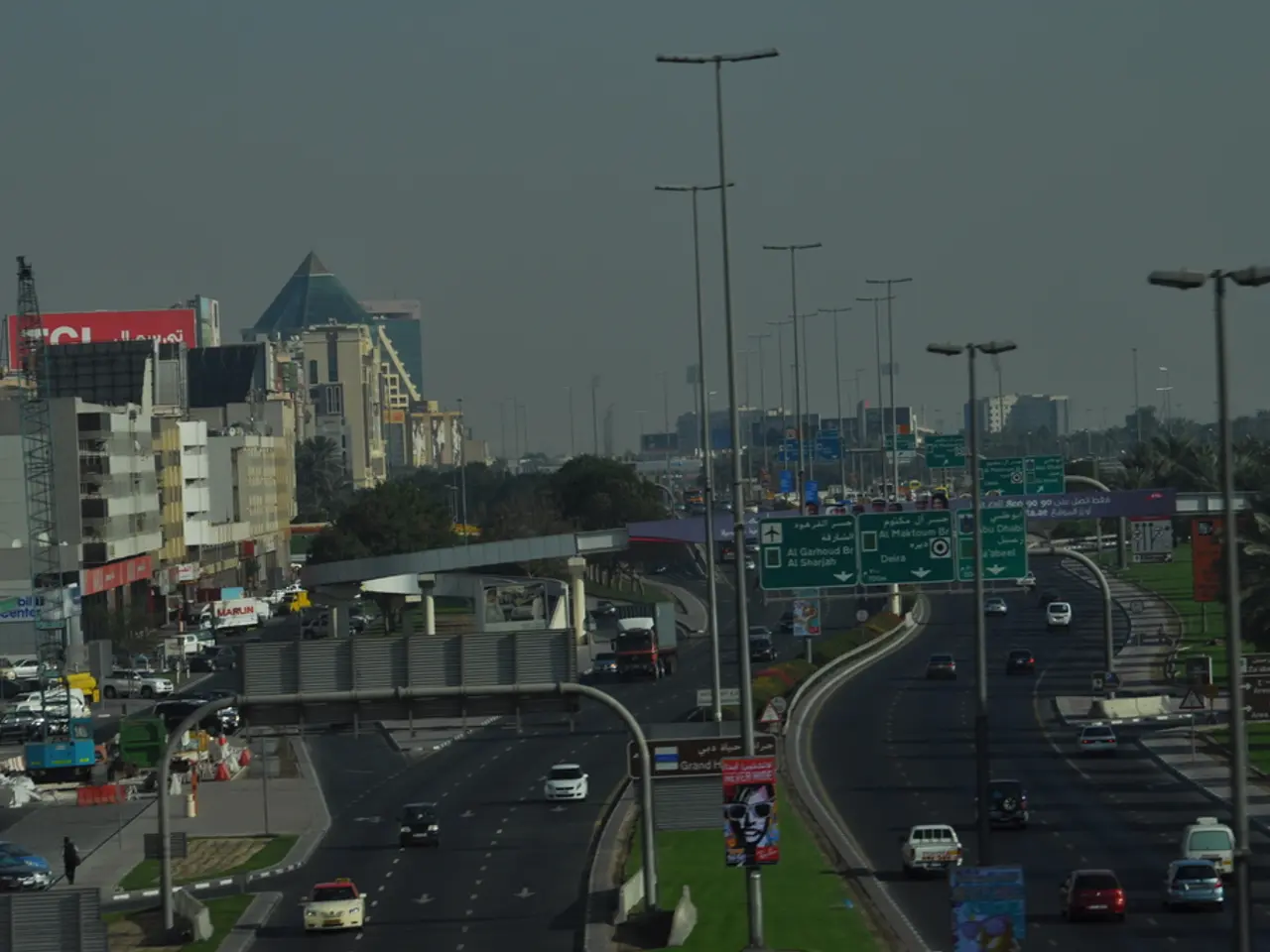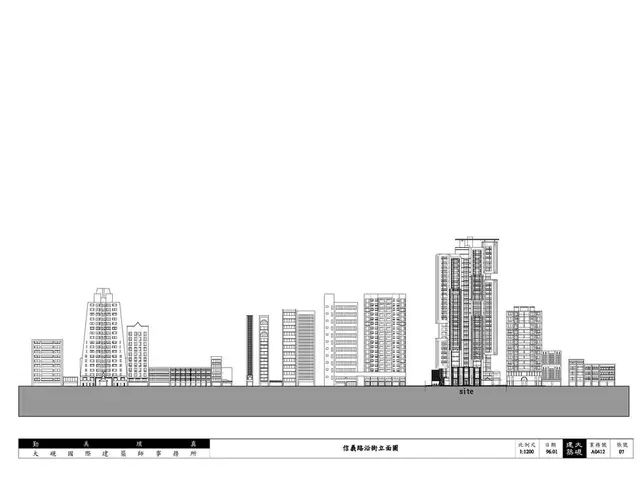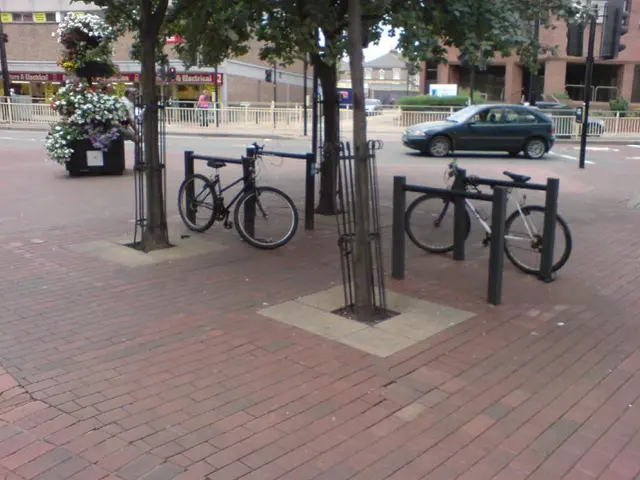Delhi's Air Quality Crisis: Supreme Court Steps In as Monitoring Stations Fail
Delhi's air quality continues to deteriorate, with only a fraction of monitoring stations operational during Diwali. The Supreme Court has stepped in, directing authorities to submit reports on preventive measures and the status of defunct stations.
On Monday, Delhi's air quality remained 'very poor', with an overall AQI of 316. Most stations recorded readings above 300. The minimum temperature settled at 17.9°C, 1.9°C above average. The maximum temperature is expected to hover around 30°C with mist in the air.
The Supreme Court has taken note of the situation. It has directed the Central Pollution Control Board (CPCB) and the Commission for Air Quality Management (CAQM) to submit a report detailing steps taken to prevent air quality from worsening further. The court has also sought a report on the defunct air monitoring stations in Delhi, with only 9 out of 37 stations operational during Diwali. Amicus curiae Aparajita Singh urged the court to issue directions for preemptive measures to control rising pollution levels. The court questioned how the Graded Response Action Plan (GRAP) can be implemented effectively without crucial data from the monitoring stations. The stations were reactivated in October 2023 after being offline due to maintenance and technical issues during the summer months.
Delhi's air quality remains a pressing concern, with most stations recording 'very poor' levels. The Supreme Court's intervention seeks to address this issue by ensuring functional monitoring stations and preventive measures are in place. The upcoming report from the CPCB and CAQM is expected to provide insights into the current state and proposed solutions for Delhi's air quality.







